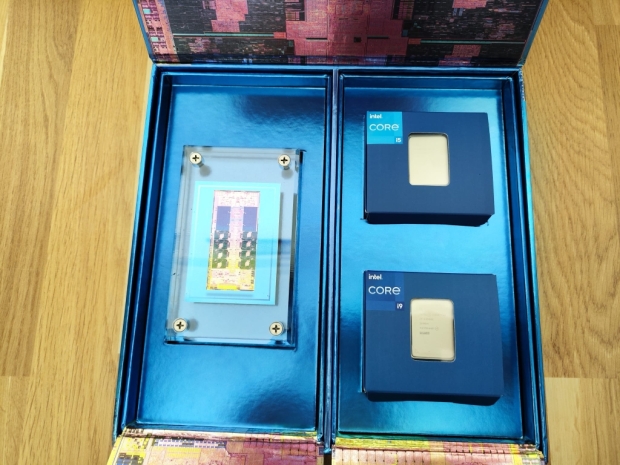Index
Review: Gaming speed impresses
Last year Intel introduced an Alder Lake processor. It was the first time Intel combined a performance core with an efficiency core to create a higher performance for the high-end users in the HEDT high-end desktop market.
Alder Lake was Intel's first high-end desktop processor to match P cores and E cores, and it came with eight performance (16-thread) and eight efficiency cores with eight threads. The total amount of hyper treads ended up at 24 threads, and the CPU was the best gaming solution. The second important thing about Alder Lake was that it was manufactured at Intel 7, formerly known as 10 nm, and it enabled frequencies of at least on the performance cores to 5.1 GHz with 12900K and later to 5.3GHz Core i9 12900KS.
A year has passed since Alder Lake's introduction, and Intel revealed a new processor codenamed Raptor Lake. It brings a lot of innovations, such as an increased number of E cores, turbo frequency that can get to 5.8GHz, even 6GHz with mild overlocking, and a significant boost in gaming and multimedia applications.
At the Raptor Lake briefing Mandy Mock, Vice President and General Manager of Desktop, Workstation, and Channel Group shared some of first glimpses of the Raptor Lake.
The 13th gen Raptor Lake will consist of a desktop S series with 35 / 65 and 125W parts, and at a later date, Intel will also release a Mobile U, P, H, and HX series based on Raptor Lake Gen 13 for notebooks. Mandy promised three things, the world's best gaming experience, a leap in creator performance, and an unmatched overclocking experience for novices and pros.
The star of the show is Core i9 13900K, with the fastest P core working at 5.8GHz, double the number of E cores from 8 to 16 and increasing the number of threads from 24 with Alder Lake Gen 12 to 32 with Gen 13. Of course, Intel squeezed larger caches, 2MB per P Core and 4MB per E core cluster. If you are new to the game, increasing the size of the caches, matched with a clock increase, leads directly to performance gains. Compared to the 12th gen Core i9 12900K with the 13900K, Intel is promising up to a 15 percent gain in a single thread and 41 percent in multi-thread tasks.
The scores are estimated by measurements made using SPECint_rate_base2017_IC2022.1. During our benchmarking, we've seen significant boosts between Gen 12 and Gen 13.




